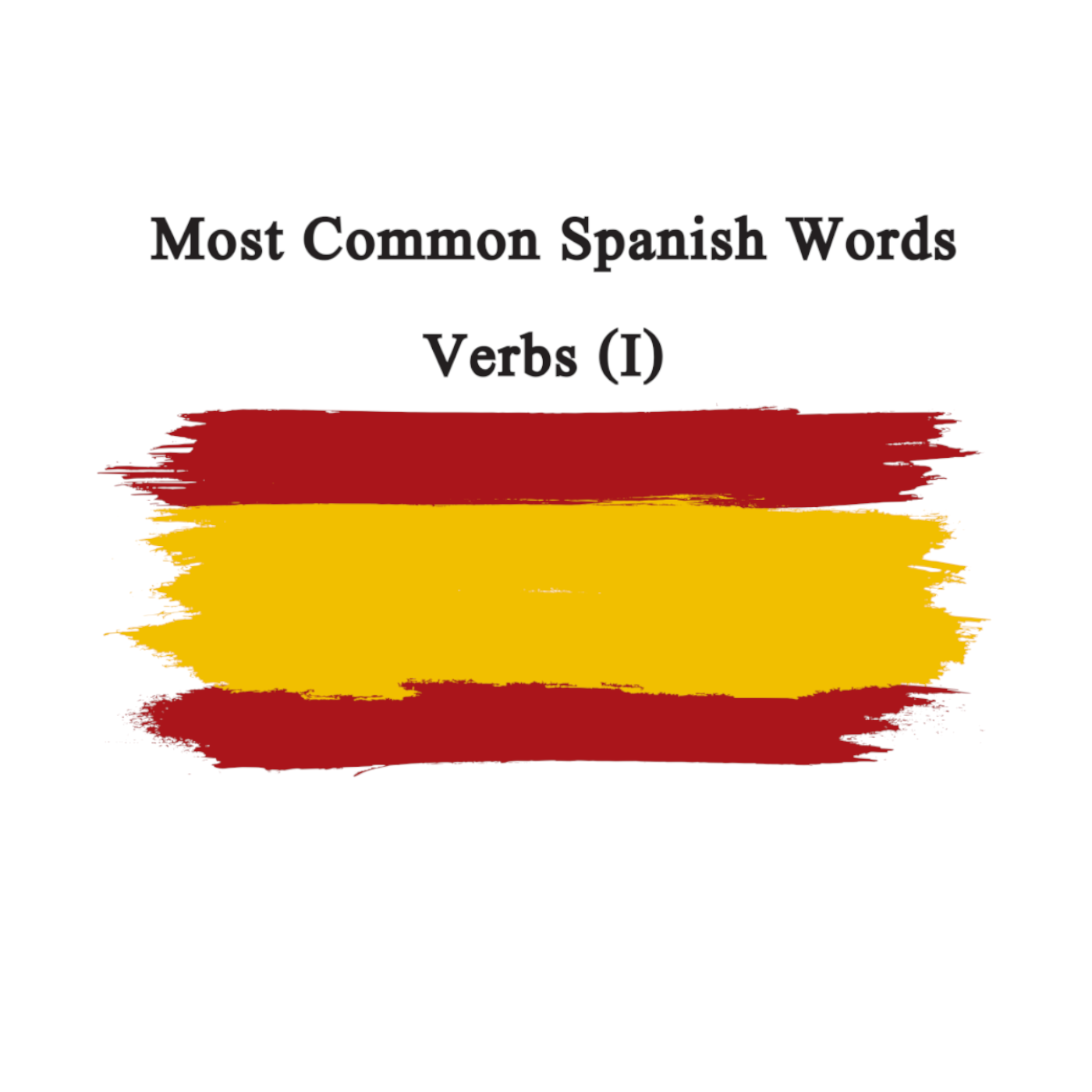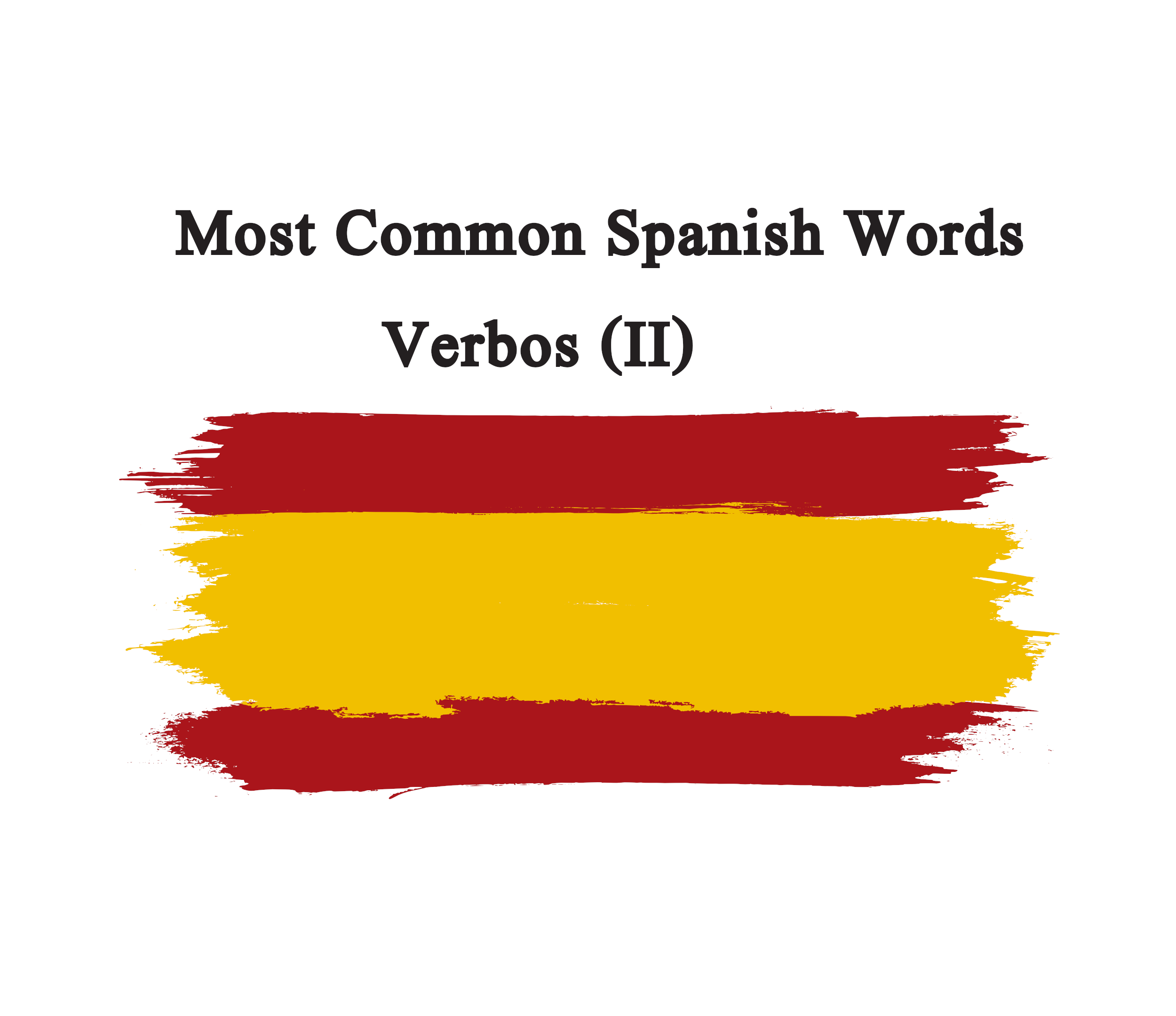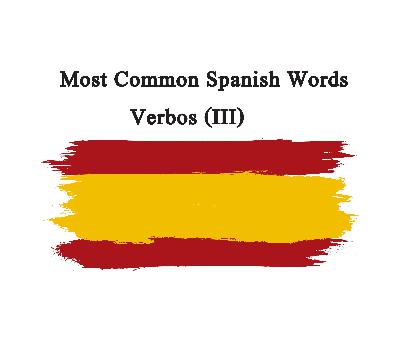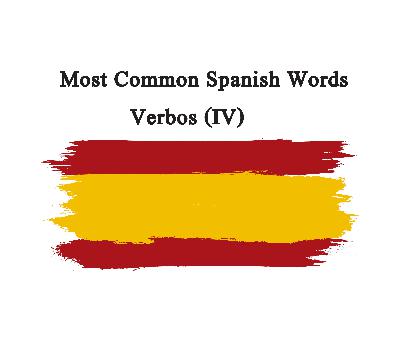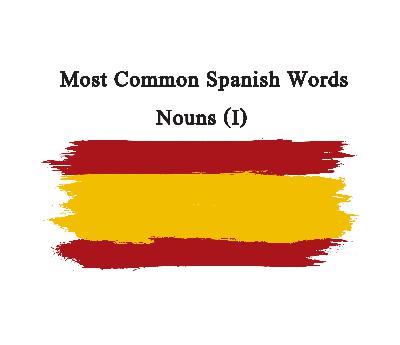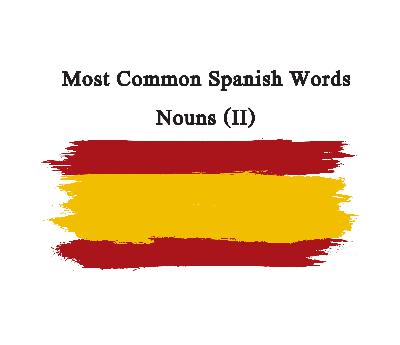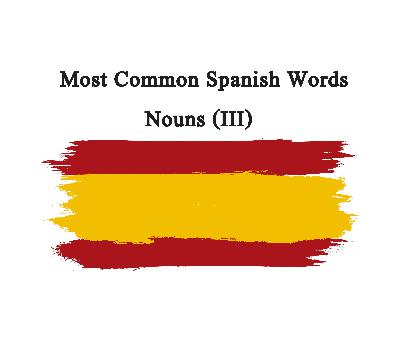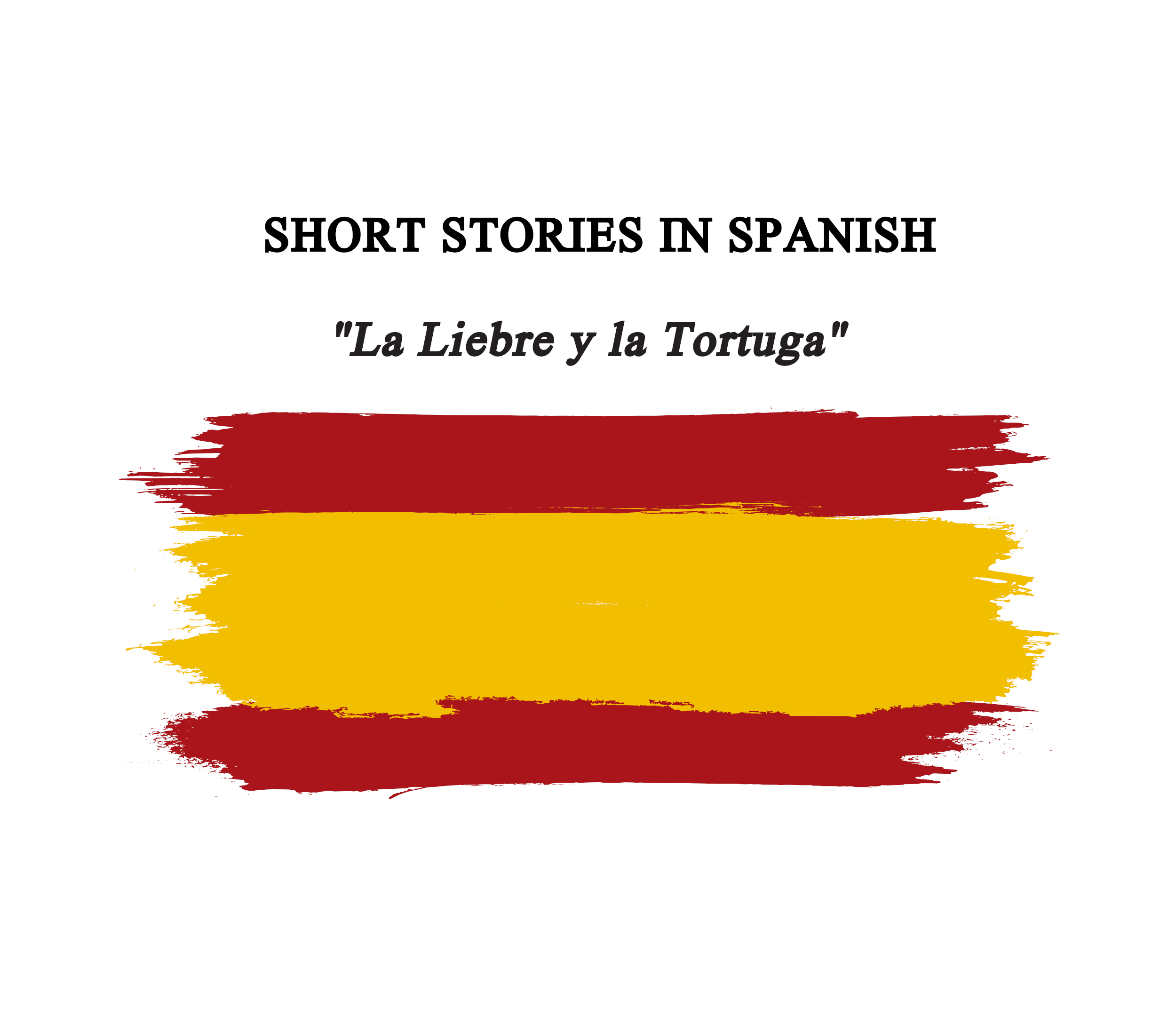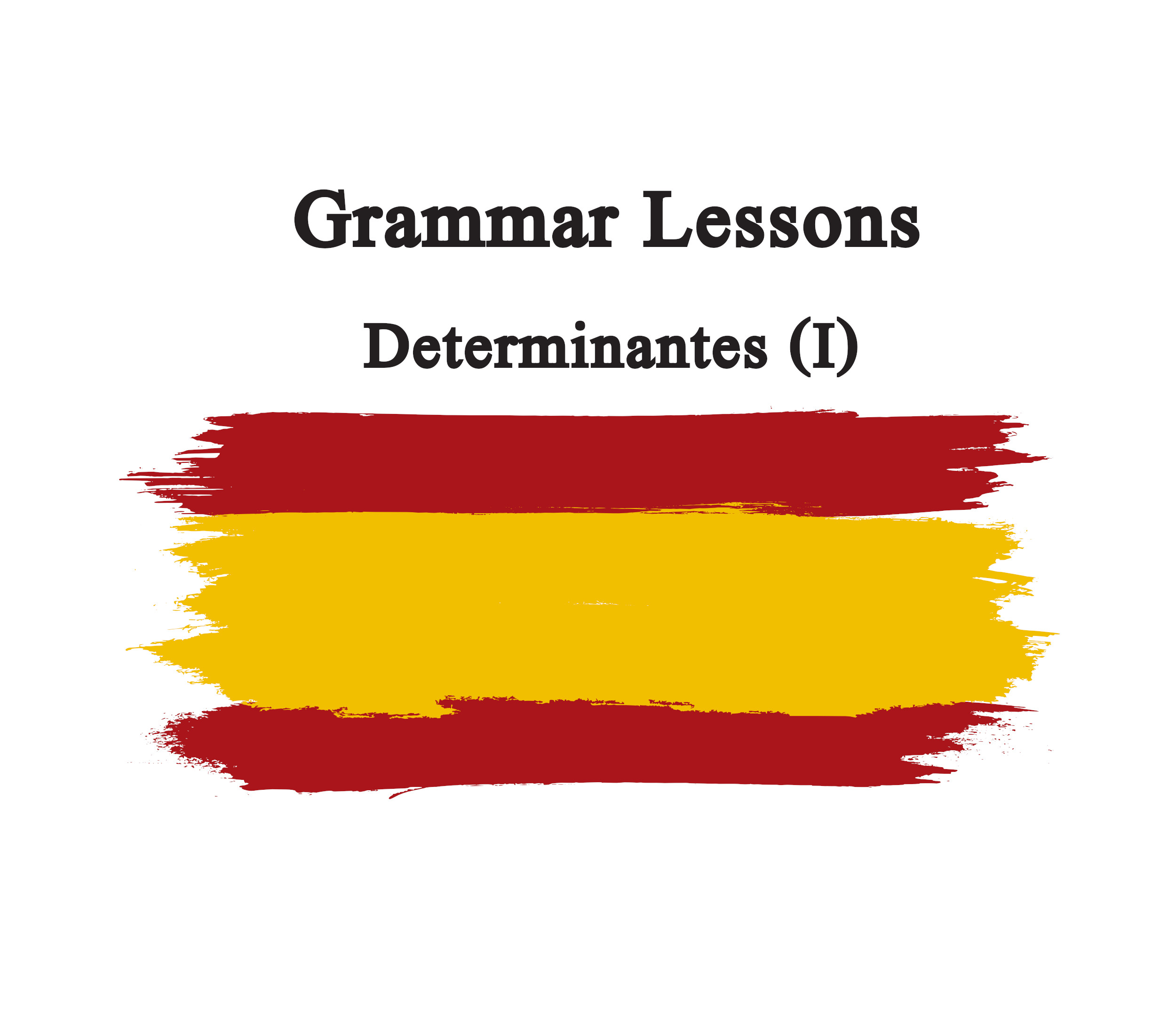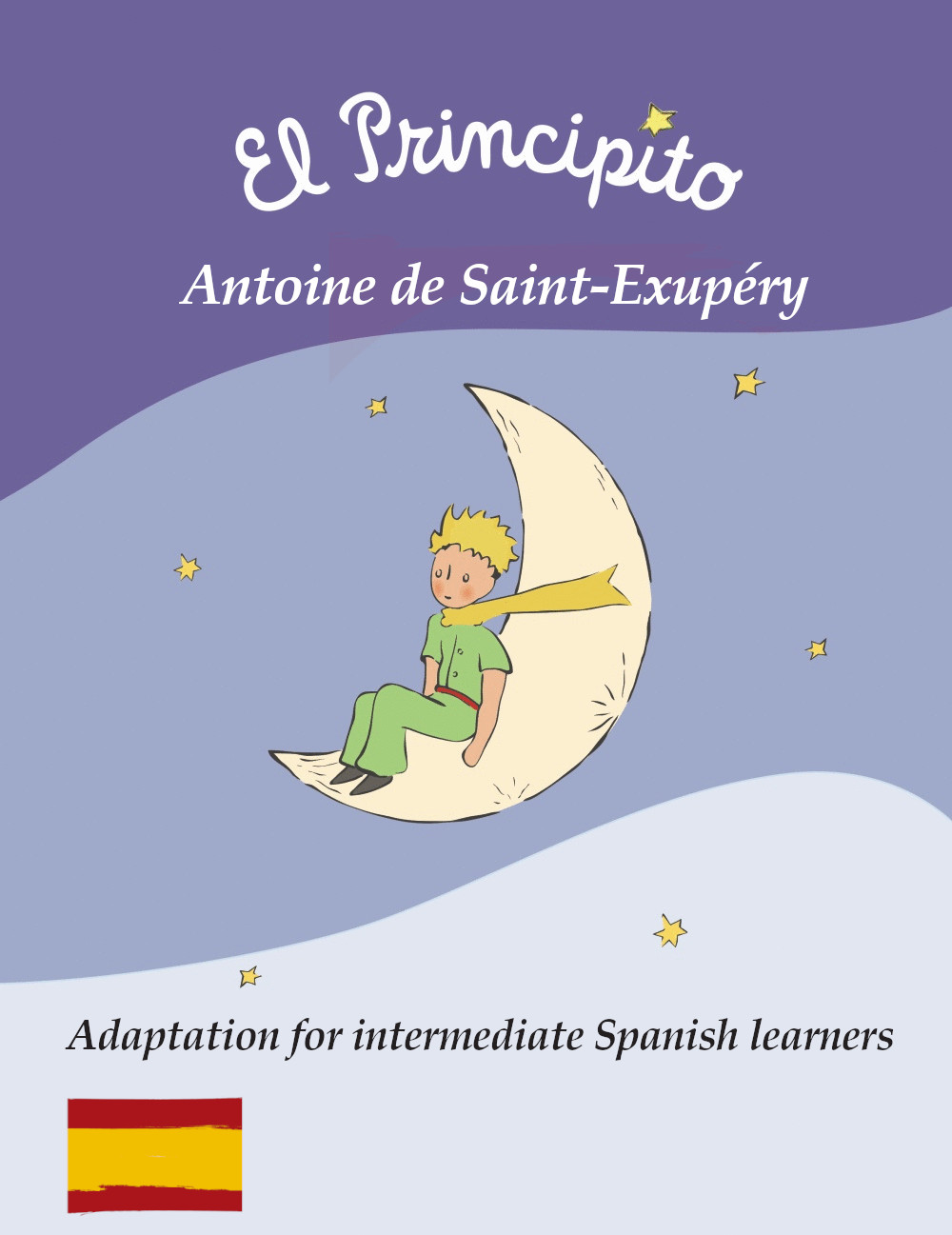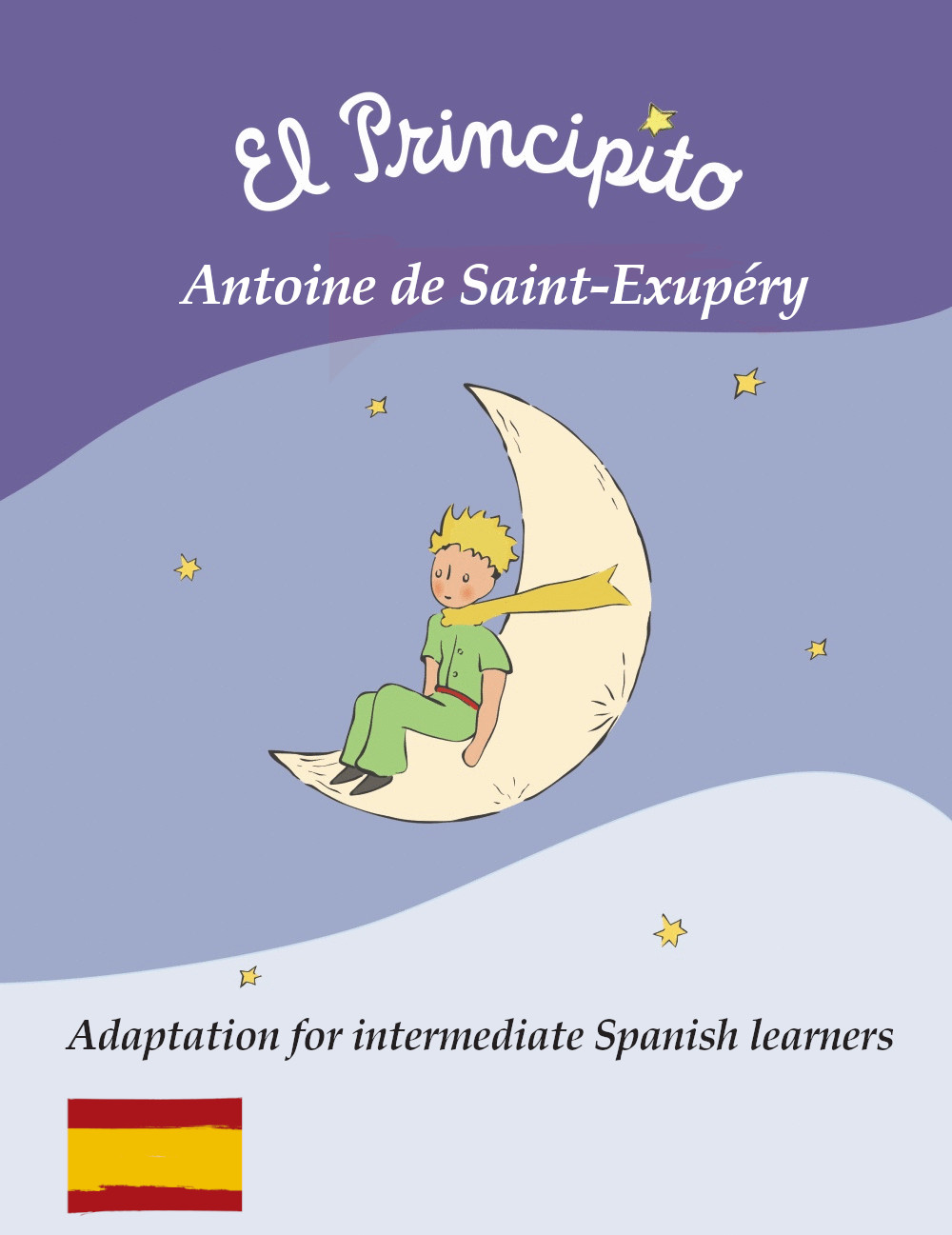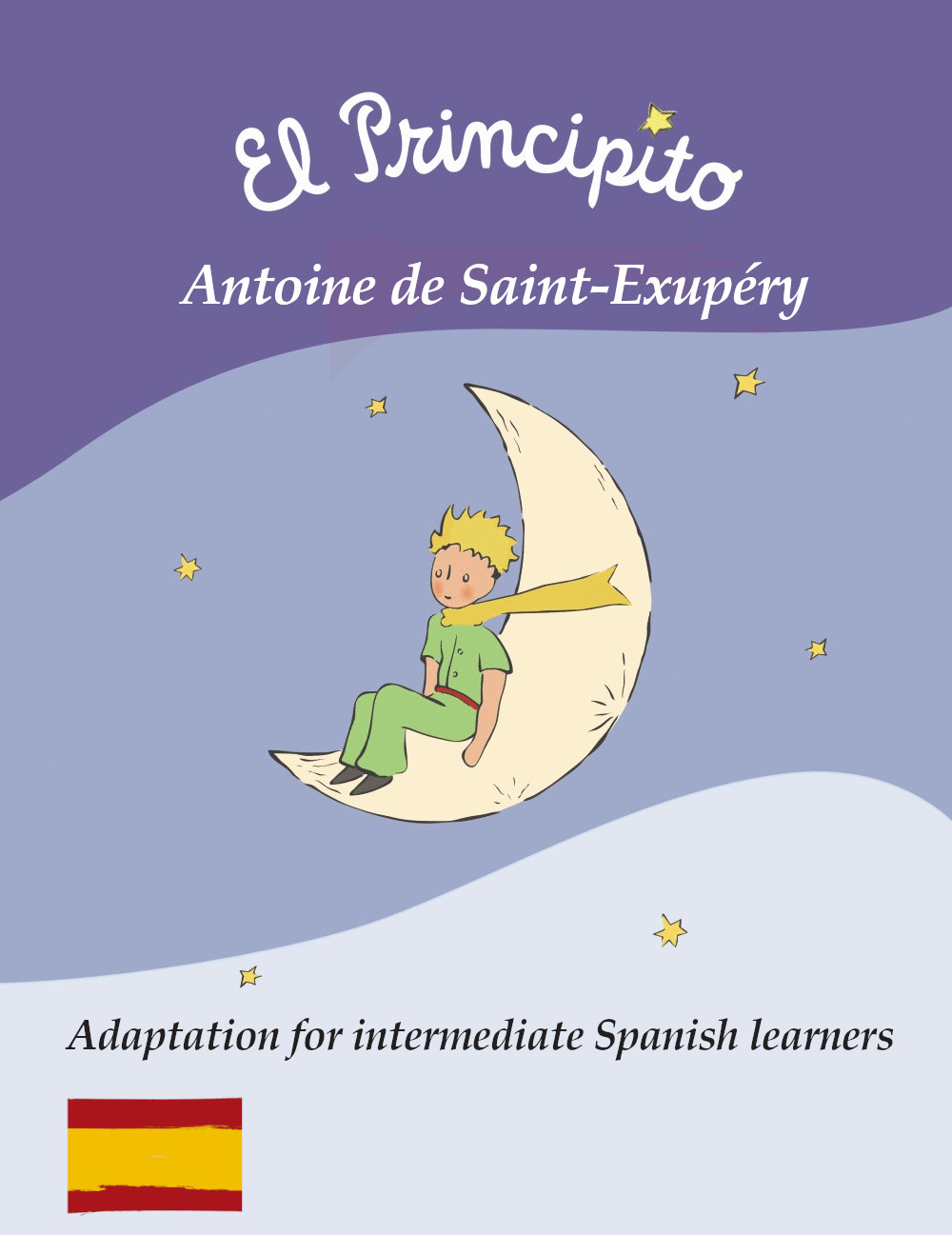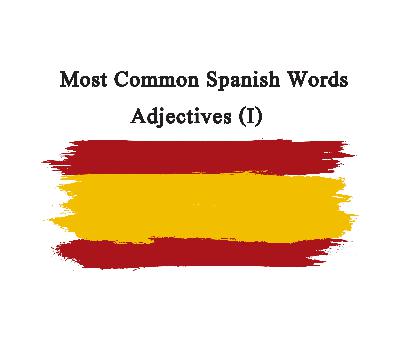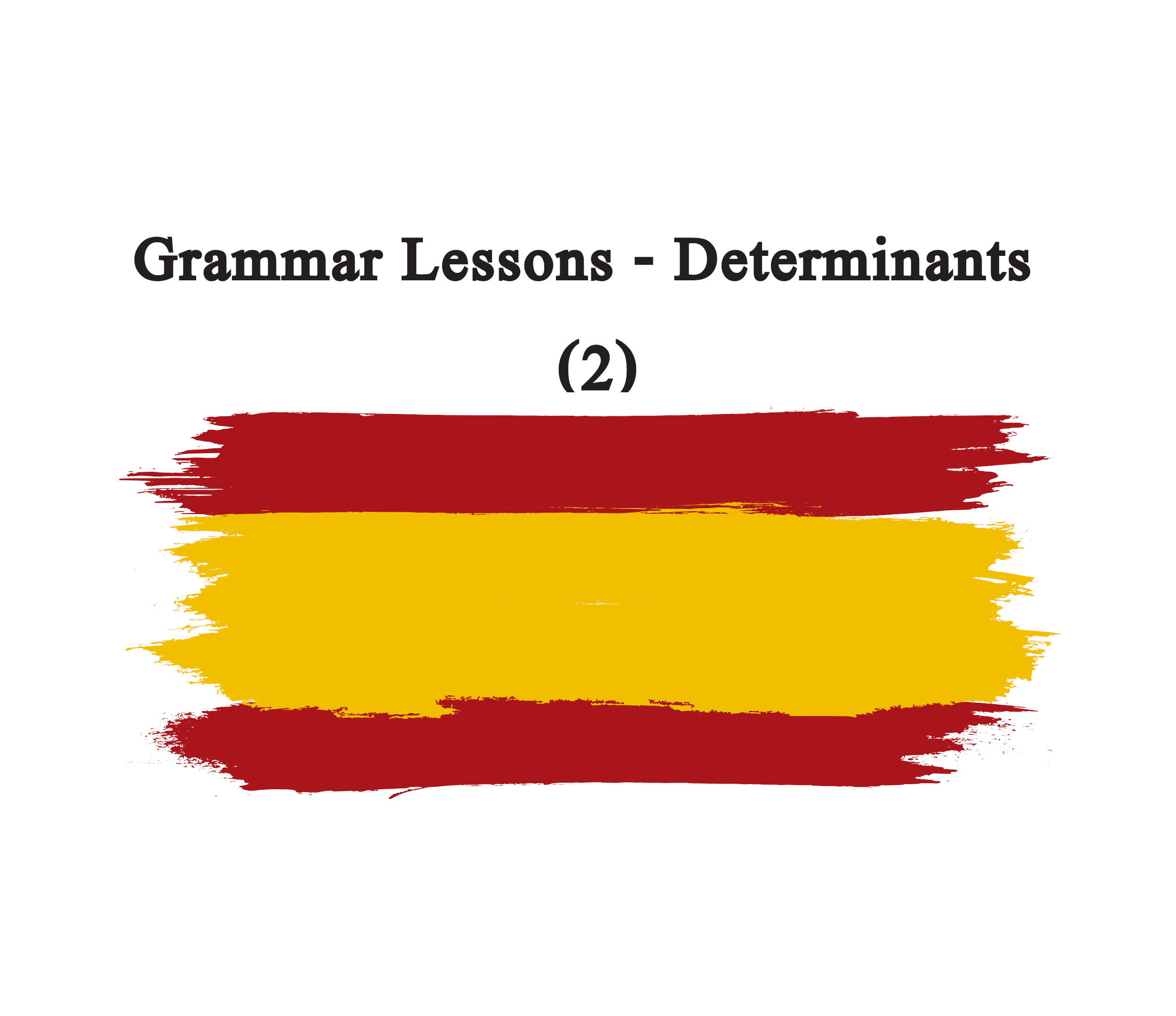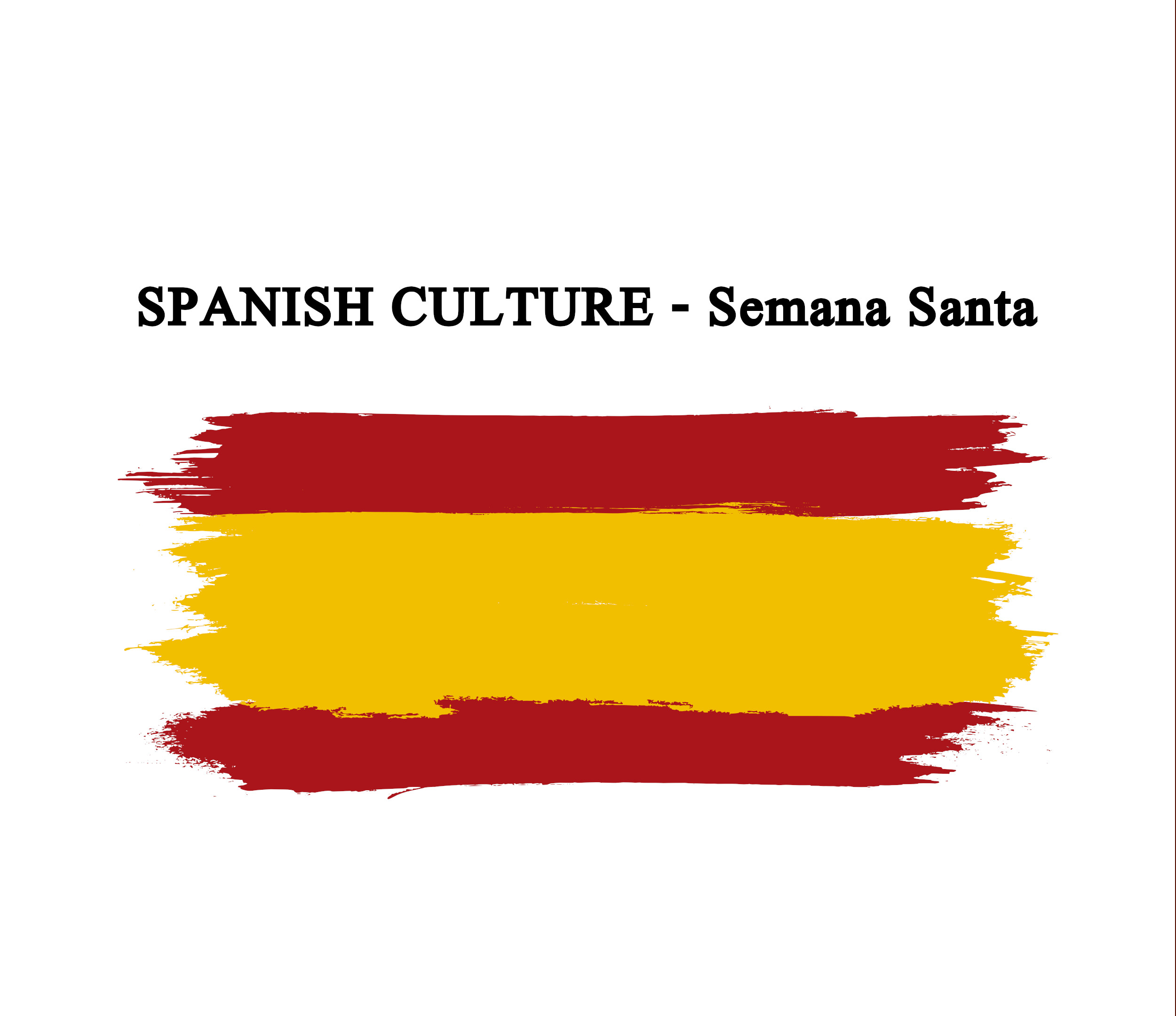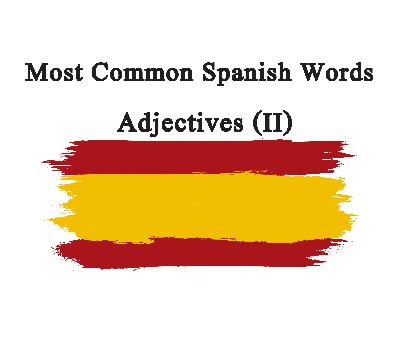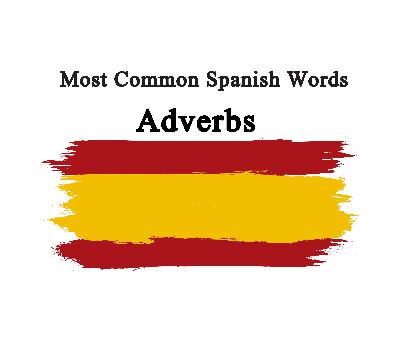Discover LEARN SPANISH THE "NATURAL WAY"
LEARN SPANISH THE "NATURAL WAY"

LEARN SPANISH THE "NATURAL WAY"
Author: Your Spanish Teacher
Subscribed: 17Played: 160Subscribe
Share
©2021 Copyright blue_note
Description
Hi everyone! and welcome to “Learn Spanish the Natural Way”.
I’m a teacher from Spain, who has been always concerned about how we learn languages and determined to find the most efficient and fun approach.
Through this podcast I'd like to share a variety of resources: stories, vocabulary lists, grammar explanations...etc. that I think will be helpful for all the spanish learners out there.
Whether Spanish is your hobby or you need it for your professional career don’t miss this chance to bring your Spanish to the next level!
For lessons and other inquiries send an email to: learnthenaturalway@outlook.com
I’m a teacher from Spain, who has been always concerned about how we learn languages and determined to find the most efficient and fun approach.
Through this podcast I'd like to share a variety of resources: stories, vocabulary lists, grammar explanations...etc. that I think will be helpful for all the spanish learners out there.
Whether Spanish is your hobby or you need it for your professional career don’t miss this chance to bring your Spanish to the next level!
For lessons and other inquiries send an email to: learnthenaturalway@outlook.com
27 Episodes
Reverse
Although there are many thousands of words in every language they estimate that in our everyday life we only use around 1000.So in this series of podcasts will go through the most important ones in Spanish, starting with the verbs.In this episode you'll hear verbs grouped in families that are roughly related between them (every new familie starts after the long pause), to help you to remember them.I encourage you to repeat after each verb, to work on your listening skills as well as in your pronunciation.Here's a list of the verbs will hear: SER Estar Haber Tener Hay QUERER Desear Amar Ayudar Intentar Conseguir Pedir Necesitar VIVIR Nacer Crecer Morir Sentir Doler Curar VER Mirar Oír Escuchar Gustar Tocar Oler
Although there are many thousands of words in every language they estimate that in our everyday life we only use around 1000.So in this series of podcasts will go through the most important ones in Spanish, starting with the verbs.In this episode you'll hear verbs grouped in families that are roughly related between them (every new familie starts after the long pause), to help you to remember them.I encourage you to repeat after each verb, to work on your listening skills as well as in your pronunciation.Here's a list of the verbs will hear: HABLAR Decir Leer Escribir Borrar Firmar PODER Hacer Trabajar Fabricar Construir Derribar Eliminar Llenar Vaciar PENSAR Imaginar Creer Saber Conocer Recordar Olvidar ESTUDIAR Atender Comprender Aprender Memorizar Enseñar Explicar Acertar Equivocar
Although there are many thousands of words in every language they estimate that in our everyday life we only use around 1000.So in this series of podcasts will go through the most important ones in Spanish, starting with the verbs.In this episode you'll hear verbs grouped in families that are roughly related between them (every new familie starts after the long pause), to help you to remember them.I encourage you to repeat after each verb, to work on your listening skills as well as in your pronunciation.Here's a list of the verbs will hear: IR Llegar Volver Venir Entrar Salir Sacar ANDAR Correr Saltar Bailar Parar Esperar Cruzar Continuar VIAJAR Subir Bajar Montar Conducir Durar Tardar CANSAR Descansar Acostar Dormir Despertar Levantar Vestir Asear Limpiar Manchar COMER Tomar (comida) Desayunar Almorzar Cenar Beber COMPRAR Alquilar Valer (servir) Costar Pagar Deber Cobrar Gastar
Although there are many thousands of words in every language they estimate that in our everyday life we only use around 1000.So in this series of podcasts will go through the most important ones in Spanish, starting with the verbs.In this episode you'll hear verbs grouped in families that are roughly related between them (every new familie starts after the long pause), to help you to remember them.I encourage you to repeat after each verb, to work on your listening skills as well as in your pronunciation.Here's a list of the verbs you will hear: DAR Quitar Recibir Perder Buscar Encontrar Mostrar Cambiar Devolver COGER Dejar Utilizar Tirar Caer Recoger Llevar Traer Enviar PONER Colocar Añadir Juntar Separar Faltar Sobrar CONTAR Medir Pesar Calcular Sumar Restar Multiplicar Dividir PERMITIR Aguantar Molestar Empezar Terminar ABRIR Cerrar Llamar SOLUCIONAR Arreglar Funcionar Estropear Romper Cortar Pegar
Do you find yourself always saying "hola" y "adios" ? Time to try something different!In this episode we'll cover some casual greetings people use in Spain so hopefully next time you can sound more natural and surprise your spanish friends!These are the expressions you'll learn:- Different ways of saying "hello": Buenas ¿Qué hay? ¿Cómo vas? ¿Qué tal ? / ¿Qué tal va tu día / semana?- Different ways of saying "goodbye": Hasta luego Nos vemos Hasta otra Chao Que tengas un buen día / semana Que vaya bienLet me know if this was helpful for you and hasta otra!
Although there are many thousands of words in every language they estimate that in our everyday life we only use around 1000.In our previous episode of this series we reviewed the most common verbs let's now go on with "nouns" (sustantivos). You'll hear nouns grouped in families that are roughly related between them (every new familie starts after the long pause), to help you to remember them.I encourage you to repeat after each word, to work on your listening skills as well as in your pronunciation!Here's a list of the nouns you'll hear:1. DOCUMENTACIÓN2. Pasaporte3. Policía4. Aduana5. Equipaje6. Maleta7. Maletín8. Bolsa de viaje9. Paquete10. Bolso11. Ordenador portátil12. Cámara de video13. Cámara de fotos14. Cola (as in queue)15. Control16. Ayuda17. Entrada18. Salida19. Derecha20. Izquierda21. AEROPUERTO22. Puerta de embarque23. Puerto24. Estación de tren25. Estación de bus26. Estación de metro27. AVIÓN28. Vuelo29. Barco30. Tren31. Metro32. Tranvía33. Vagón34. Autobú...
Although there are many thousands of words in every language they estimate that in our everyday life we only use around 1000.In our previous episode of this series we reviewed the most common verbs let's now go on with "nouns" (sustantivos). You'll hear nouns grouped in families that are roughly related between them (every new familie starts after the long pause), to help you to remember them.I encourage you to repeat after each word, to work on your listening skills as well as in your pronunciation!Here's a list of the nouns will hear:1. Cosa2. Objeto3. Máquina4. Ejemplo5. Pais6. Idioma7. Frontera8. Región9. Cuidad10. Pueblo11. Barrio12. Urbanización13. Casa14. Chalet15. Edificio16. Piso17. Apartamento18. Calle19. Avenida20. Plaza21. Cruze22. Esquina23. Centro24. Principio25. Mitad26. Fin27. Parque28. Jardín29. Fuente30. Hospital31. Ambulancia32. Farmacia33. Pastilla34. Calmante35. Antibiótico36. Herida37. Tirita38. Esparadrapo39. Algodón40. Casa41. Inyección42. Constipado43...
El Techo del Mundo El monte Everest, el “techo del mundo”. El punto más alto del planeta fue siempre una tentación para los más audaces montañeros. El Everest, el gigante del Himalaya se encuentra entre Tíbet y Nepal. La capital de esta pequeña nación es la base de partida de los que quieren conquistar la cima por la cara sur. En los valles del Himalaya las tribus de los sherpas plantan sus campamentos, son de raza tibetana. Los sherpas viven de los yaks, que les proporcionan alimento y vestido. Y dado que son gente acostumbrada a grandes alturas son los perfectos porteadores para cualquier expedición a las cumbres. Desde Katmandú partió en 1953 la expedición, mandada por el inglés sir John Hunt, pondría sus pies sobre el Everest por primera vez. Formaba parte de la expedición el gran escalador neozelandés Edmund Hilary que con el sherpa Tensing, serían los protagonistas del asalto final. El primer paso del a expedición fue contratar a 20 sherpas, que se encargar...
Although there are many thousands of words in every language they estimate that in our everyday life we only use around 1000.In our previous episode of this series we reviewed the most common verbs let's now go on with "nouns". You'll hear nouns grouped in families that are roughly related between them (every new familie starts after the long pause), to help you to remember them.I encourage you to repeat after each word, to work on your listening skills as well as in your pronunciation!Here's a list of the nouns will hear:1. Yogurt2. Tarta3. Pastel4. Chocolate5. Limón6. Helado7. Café8. Té9. Leche10. Azúcar11. Sacarina12. Agua13. Vina14. Cerveza15. Alcohol16. Naturaleza17. Mar18. Playa19. Río20. Orilla21. Lago22. Montaña23. Bosque24. Árbol25. Campo26. Ejercicio27. Deporte28. Papel29. Carta30. Folio31. Sobre32. Sello33. Libro34. Libreta35. Periódico36. Noticia37. Aviso38. Revista39. Bolígrafo40. Lápiz41. Hombre42. Mujer43. Chico44. Chica45. Niño46. Niña47. Anciano48. Ancia...
La Liebre y la TortugaEn un pueblo de los animales podían hablar vivía una liebre con unas orejas muy grandes.La liebre era muy veloz y, por eso, le gustaba presumir delante de todos los animales de ser la más rápida corriendo. Además, la liebre siempre se reía de la tortuga, de sus patas cortas y de que caminaba muy despacio.Todos los días, al ver pasar a la tortuga, la liebre le decía:-¡Buenos días, señora tortuga! ¿A dónde va usted tan despacio?La tortuga, que era muy buena, no se enfadaba nunca, porque quería llevarse bien con todos sus vecinos.Una mañana la tortuga tuvo una idea y le dijo a la liebre:-¡Buenos días señora liebre!. Todos los días la oigo decir lo mismo, pero ¿se atreve a correr conmigo para ver cuál de las dos llega antes a la meta?La liebre, al oír esto, casi se muere de la risa, pensando que le ganaría fácilmente pero, como tenía ganas de divertirse, aceptó.La zorra era la juez de la carrera y todos los animales del pueblo se reunieron...
Here's a list of the nounsyou'll will hear in this last episode, congratulations if you followed all the way until here!: 1. Tela2. Seda3. Algodón4. Lana5. Trapo6. Material7. Plástico8. Cartón9. Metal10. Madera11. Natural12. Tiempo13. Historia14. Fecha15. Edad16. Año17. Día18. Hora19. Minuto20. Segundo21. Horario22. Reloj23. Hoy24. Ayer25. Mañana26. Pasado mañana27. Tarde28. Noche29. Semana30. Fin de seman31. Día festivo32. Lunes33. Martes34. Miércoles35. Jueves36. Viernes37. Sábado38. Domingo39. Mes40. Enero41. Febrero42. Marzo43. Abril44. Mayo45. Junio46. Julio47. Agosto48. Septiembre49. Octubre50. Noviembre51. Diciembre52. Metro53. Kilómetro54. Kilo55. Tonelada56. Tiempo57. Verano58. Sol59. Calor60. Invierno61. Frío62. Navidad63. Nieve64. Llover65. Primavera66. Verano67. Otoño68. Invierno69. Aire70. Fiesta71. Vacaciones72. Viaje73. Excursión74. Música75. Ruido76. Cuerpo77. Cabeza78. Cara79. Ojo80. Oído81. Nariz82. Boca83. Diente84. Muela85. Garganta86. Pecho87. Es...
Hi there!In this episode I'll give you a short introduction about determinants (determinantes), we'll see what are they and study 2 different kinds: artículos y demostrativos.For a transcript of this lesson and some practical exercises send an email to learnthenaturalway@outlook.comThank you for listening and stay tuned, more podcasts coming up soon!teacher
Sometimes we feel discouraged when we try to read novels in our target language because they can be too demanding.That's why I decided to make my own adaptation form a timeless classic "The Little Prince" by the french writer Antoine Saint-Exupery.I tried to keep the style and the meaning of the original but using a more accessible language for the intermediate spanish learner.In this chapter the narrator mentions 2 pictures so I'll put a link below in case you don't have the book on your hands.Dibujo 1&2Thanks for listening!P.S: If you would like to have a pdf of this chapter send an email to: learnthenaturalway@outlook.com
Second Chapter of the "Little Prince".Drawings mentioned this time:
Third chapter of the "Little Prince".For a transcript of this episode send an email to: learnthenaturaway@outlook.comEnjoy!
Although there are many thousands of words in every language they estimate thatin our everyday life we only use around 1000.In this episode we'll review the most common adjectives in Spanish. I encourge you torepeat after each wordto work on your pronounciation.Here's a list with the adjectives you'll hear: Bueno Malo Regular Mejor Peor Mayor Menor Grande Pequeño Superior Inferior Bonito Bello Guapo Feo Limpio Sucio Caliente Frío Barato Caro Lleno Vacío Listo Tonto Inteligente Estúpido Interesante Aburrido Seguro Fácil Díficil Libre Ocupado Solo AcompañadoFor suggestions or enquires:learnthenaturalway@outlook.comThanks for listening and happy learning!
Hello! Welcome to learn Spanish the natural way.This is the second episode about determinants “determinantes”. So far we’ve defined what a determinant is, we also explained 2 different types (articulos and demostrativos) and we talked about the difference between determinants and pronouns.In case you haven’t, check episode 1 so you’re able to follow along.Today we’re going to explain another type : determinantes posesivos. For a complete transcript of this podcast contact me throughlearnthenaturalway@outlook.com
In this episode we’re going to talk about one of the most important festivals in Spain (which is actually about to finish):“la Semana Santa”(The Holy Week)As you might know Spain has several religious festivities related to the catholic church, and this is no exception. During this time people remember the last days of Jesus Christ, his suffering when he was going to be crucified, his death and also the celebration of his resurrection.*** This episode is all in Spanish and aimed to intermediate /advanced students***For a complete transcript of this episode send an email to:learnthenaturalway@outlook.com
Although there are many thousands of words in every language they estimate that in our everyday life we only use around 1000. In this episode we'll finish our lists of most common adjectives in Spanish. I encourage you to repeat after each word to work on your pronunciation. Here's a list with the adjectives you'll hear: 1. Joven 2. Viejo 3. Alto 4. Bajo 5. Fuerte 6. Flojo 7. Enfermo 8. Sano 9. Fino 10. Delgado 11. Gordo 12. Grueso 13. Duro 14. Blando 15. Resistente 16. Agradable 17. Simpático 18. Gracioso 19. Educado 20. Alegre 21. Triste 22. Contento 23. Feliz 24. Color 25. Blanco 26. Negro 27. Azul 28. Rojo 29. Verde 30. Amarillo 31. Marrón
Although there are many thousands of words in every language they estimate that in our everyday lifewe only use around 1000. In this episode we'll have a look to the most common adverbs in Spanish. I encourage you to repeat after each word to work on your pronunciation. Here's a list with the adjectives you'll hear: 1. Sí 2. Siempre 3. También 4. Claro 5. Exacto 6. Cierto 7. Justo 8. Igual 9. No 10. Nunca 11. Tampoco 12. Falso 13. Injusto 14. Distinto 15. Quizás 16. Depende 17. A veces 19. Bien 20. Mal 21. Así 22. Como 23. Muy 24. Mucho 25. Poco 26. Bastante 27. Todo 28. Todos 29. Nada 30. Demasiado 31. Casi 32. Menos 33. Solamente 34. Alguno 35. Ninguno 36. Ahora 37. Antes 38. Después 39. Siguiente 40. Mientras 41. Aún 42. Pronto 43. Temprano 44. Luego 45. Tarde 46. Aquí 47. Ahí 48. Allí 49. Enfrente 50. Junto a 51. Delante 52. Detrás 53. Cerca 54. Lejos 55. Dentro 56. Fuera 57. Encima 58. Debajo 59. Rápido 58. Lento 59. Deprisa 60. Atrás


